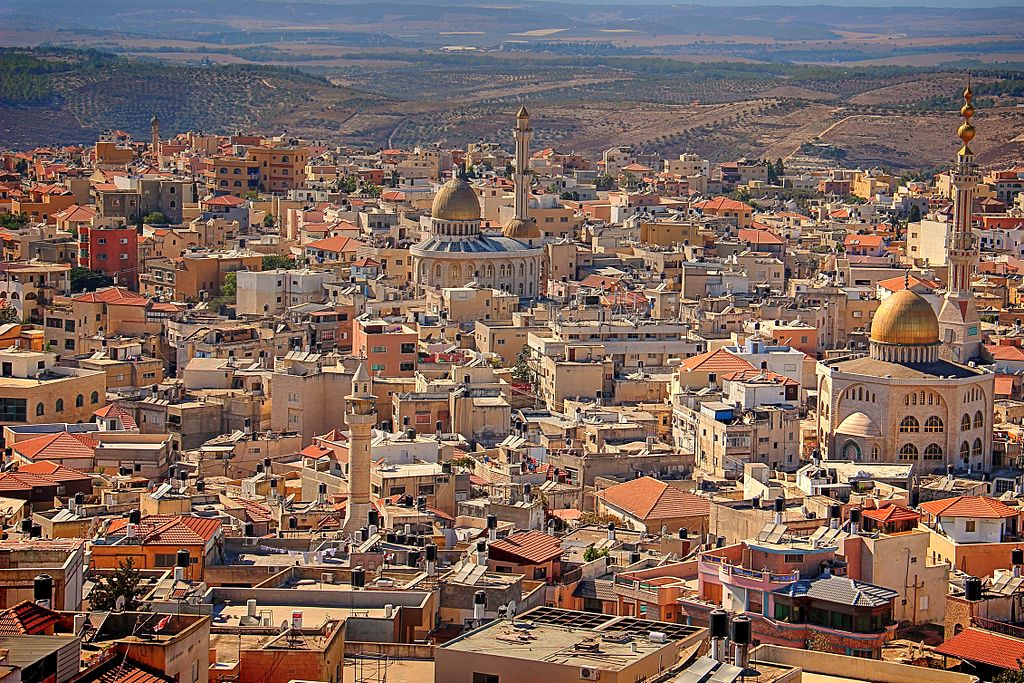With a fourth general election in two years looming on the horizon, Prime Minister Benjamin (Bibi) Netanyahu has set his sights on what seems like an unattainable goal — winning a significantly greater share of the Israeli Arab vote.
Recent polls suggest that, while Netanyahu’s right-wing Likud Party is comfortably ahead of its rivals, its chances of forming a coalition government are far from assured. Hence his need to curry favor with Arabs and Druze, who comprise about 20 percent of Israel’s population of nine million.
With their support, Netanyahu reportedly hopes to win two extra Knesset seats. If he succeeds, he will have an easier time cobbling together a coalition.
Reports in the Israeli media suggest that the Likud may reserve a spot on its slate for Nail Zoabi, a former Arab school principal from the village of Nein and a longtime Likud activist.
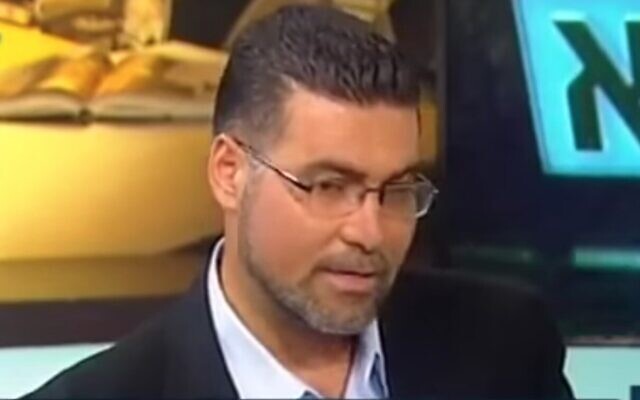
Netanyahu’s opportunistic strategy is to siphon votes away from the Arab Joint List, an alliance of four Arab parties which won 15 seats in the election last March. By all accounts, 582,000 Israeli Arabs and Jews cast their ballots for it.
Since 90 percent of Israeli Arabs voted for the Arab Joint List, Netanyahu is definitely fighting an uphill battle. The Likud received about 11,000 votes from the Arab community in the last election, but hopes to fare better in the forthcoming March 23 election.

According to Fateen Mulla, a Druze deputy minister and a Likud member of parliament, a “positive mood” toward Likud prevails in the Arab public. “We expect substantially more votes in the Arab and Druze sectors,” he said recently.
Netanyahu will try to rope in more Arab voters by underscoring several themes.
He will focus on combatting the high incidence of violent crime in Arab localities. He will discuss bread-and-butter economic issues. And he will talk about the benefits that Israeli Arabs can reap from Israel’s new relations with the United Arab Emirates, Bahrain, Sudan and Morocco, which signed normalization agreements with Israel in 2020.
In recent days, Netanyahu has visited two Arab towns, Tira and Umm al-Fahm, to promote the government’s coronavirus vaccination campaign and to congratulate the one millionth Israeli to get inoculated.
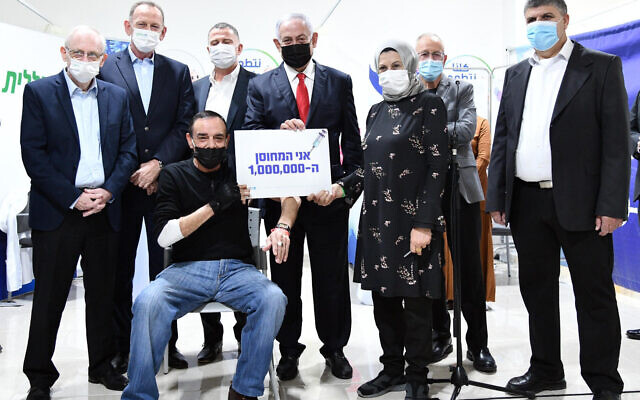
But the most compelling reason for his high-profile visits boils down to partisan politics. Asked by reporters whether he intends to visit more Arab towns in the weeks ahead, he replied, “This is just the beginning.”
As he acknowledged, the Likud is planning to invest heavily in the Arab electorate, which, he noted, has “huge potential.”
“Just as I broke the Palestinian veto on relations with Arab states, so I am breaking the Arab parties’ veto with the Arab citizens of Israel,” he said in a reference to the Arab Joint List.
In an allusion to the late Zionist Revisionist ideologue Ze’ev Jabotinsky, he says, “I believe in (his) doctrine that all rights have to be given to every citizen in the State of Israel. We’re reaching out to Arab voters — vote for us.”
Not surprisingly, Netanyahu’s strategy to win over Arab voters has drawn contempt from Ayman Odeh, the leader of the Arab Joint List.
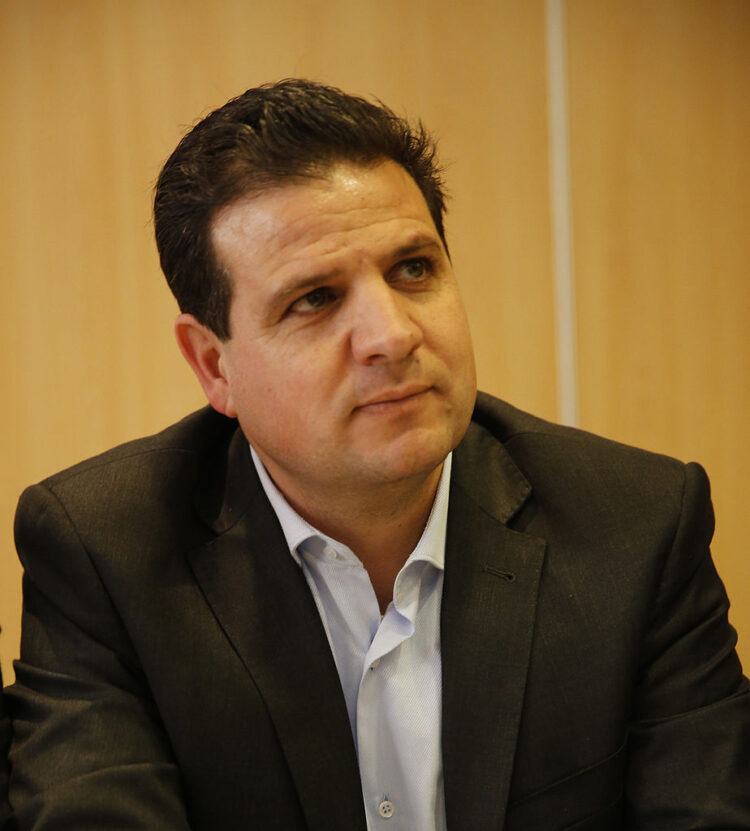
As he tweeted, “We already know that Netanyahu doesn’t believe we’re equal, but his new effort to garner votes also proves that he disparages the intelligence of Arab society. A decade of indifference to crime, inciting violence and fanning hate won’t be erased in an election campaign.”
In fact, Netanyahu’s record with respect to Israeli Arabs is decidedly checkered.
Campaigning in his first election in 1996, he ran under an inflammatory slogan that upset many Israeli Arabs: “Bibi is good for the Jews.”
During the waning days of the 2015 election campaign, Netanyahu pandered to racism yet again when he warned his Jewish supporters to be sure to cast their votes because “Arab voters are heading to the polling stations in droves.”
Netanyahu apologized for his faux pas and subsequently unveiled a $3.8 billion five-year plan to develop Arab communities. Israeli President Reuven Rivlin, a strong advocate of minority rights, called the announcement a “brave and significant” decision and an “unprecedented confidence-building measure.”
Yet three years later, Netanyahu successfully lobbied for the passage of the nation-state law, which entitles only Jews to the national right of self-determination in Israel and downgrades the status of Arabic. The vast majority of Israeli Arabs denounced the legislation.
During the 2019 election, Netanyahu’s slogan was “Bibi or Tibi,” a taunting reference to Ahmed Tibi, an Arab parliamentarian and a member of the Arab Joint List.
As he campaigned for reelection, he claimed, without evidence, that there was a serious voter fraud problem in Arab villages and towns. He then tried, but failed, to pass a law to allow cameras into polling stations.
In the same year, Facebook temporarily suspended a chat bot on Netanyahu’s page on the grounds that it disseminated hate speech.
Following last March’s election, Israeli Arab politicians accused Netanyahu of slander after he issued a blistering condemnation of the Arab Joint List. He claimed it was “not part of the equation” in Israeli politics because it “attacks our soldiers and opposes the State of Israel.”
Ironically enough, Netanyahu’s attempt to persuade Israeli Arab voters to vote for Likud emerged from his transactional alliance with Mansour Abbas, the deputy Speaker of the Knesset whose Islamist Ra’am faction holds four of 15 seats in the Arab Joint List.
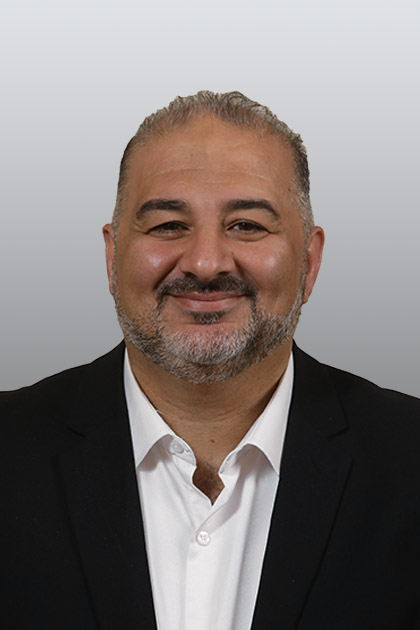
He and Netanyahu joined forces last autumn, much to the anger of his colleagues. Last October, Abbas voted to block a parliamentary investigation of Netanyahu’s role in the so-called Submarine Affair. Netanyahu has already been indicted on charges of bribery, breach of trust and corruption. Most recently, Abbas’ faction voted with the Likud to prevent the dissolution of the Knesset.
Mansour’s motives are rooted in sheer pragmatism. Like ultra-Orthodox politicians who support Netanyahu in exchange for financial benefits, Mansou — a dentist by profession — believes he can wring material gains and reforms for his constituents if he cooperates with Netanyahu on certain issues.
“Most of the time, Arab parties automatically are part of the Left, without considering key issues,” Abbas told The Jerusalem Post. “I say this approach is mistaken and that we need to reposition ourselves toward the entire Israeli political spectrum and not one side. We are not in the pockets of the Left or the Right. We need to act within the interests of the Arab society that chose us.”
Aida Touma-Sliman, one of Mansour’s colleagues in the Arab Joint List, does not buy this argument. “I feel embarrassed that there is still someone who believes they can get something good out of Netanyahu. We don’t need to ingratiate the fascist right-wing to get our rights. It’s unforgivable.”
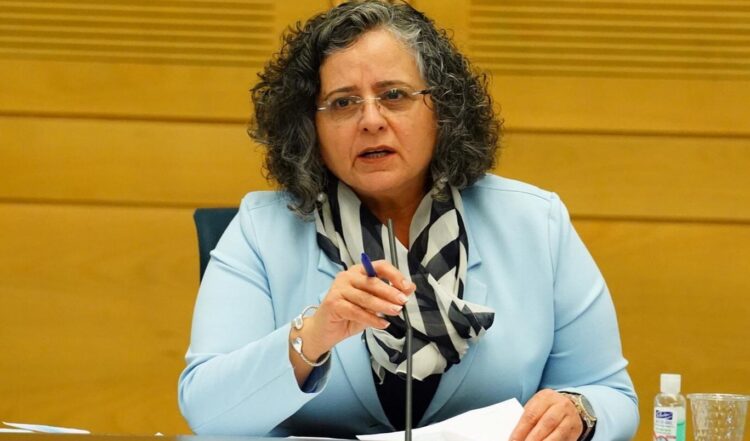
Mansour disagrees with critics like her, claiming he is performing a valuable service by placing Israeli Arabs at “the center of political discourse” in Israel.
Yet Mansour has let it be known that Netanyahu is deluding himself if he assumes he can sway Israeli Arabs. “We, the sons and faces of Arab society who represent it with dignity, recommend that you look for voters in Hadera and not in Umm al-Fahm,” he said referring to Jewish and Arab towns.
Netanyahu’s drive to win over Israeli Arabs may well be for naught.
